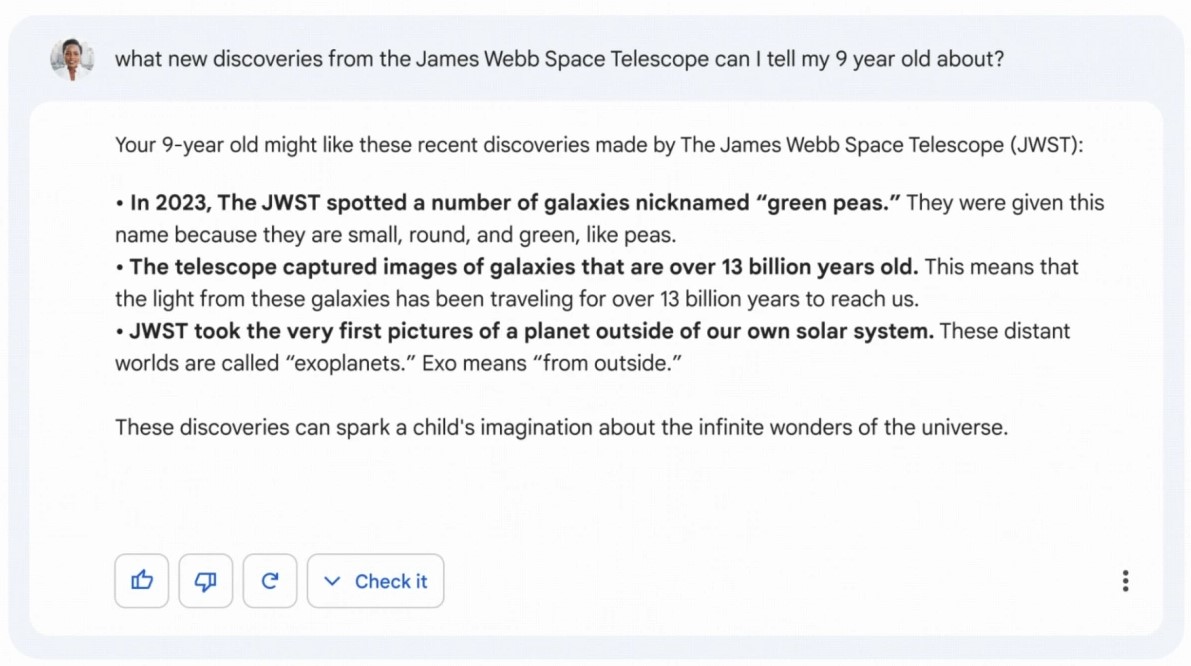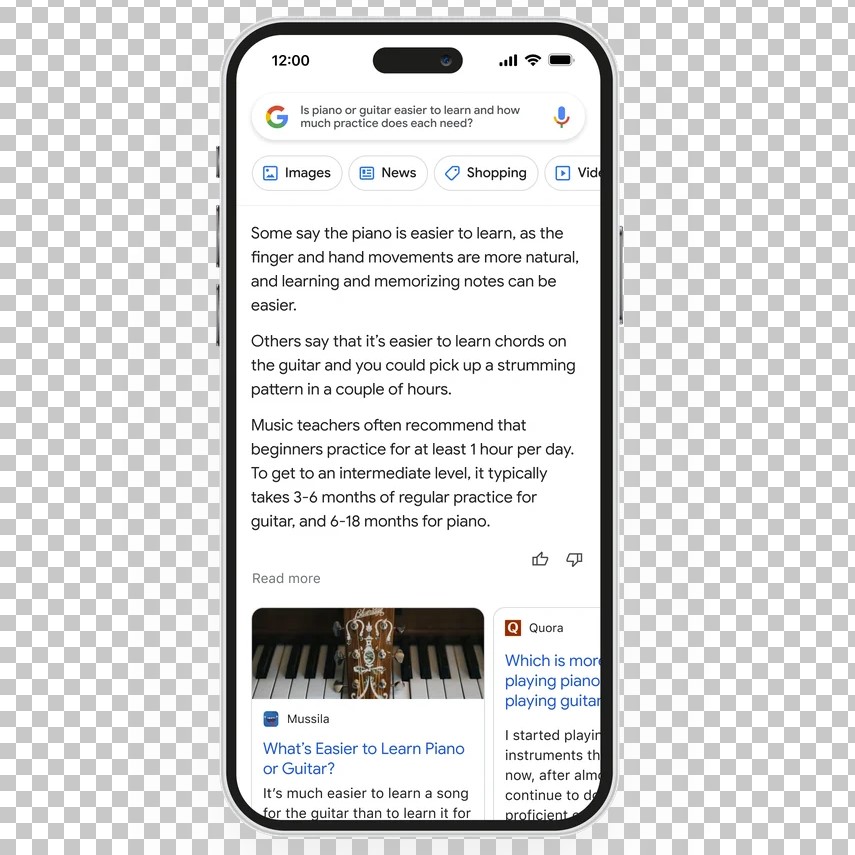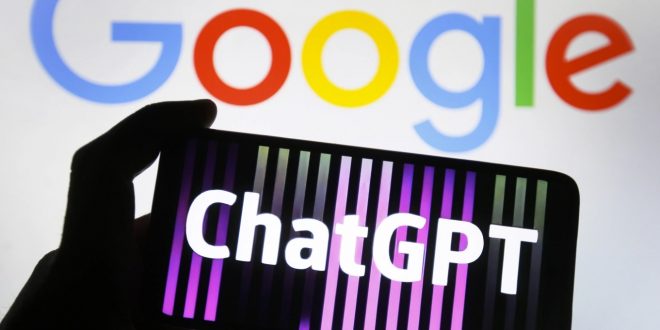Google is rushing to join the sudden craze for conversational AI, which is being fueled by rival OpenAI’s ChatGPT’s enormous success. Aiming to “combine the breadth of the world’s knowledge with the power, intelligence, and creativity of our large language models,” Bard is the company’s latest AI experiment. Google has a lot of ambition!
Sundar Pichai, the company’s CEO, announced the model, service, or AI chatbot in a blog post. He makes a point of mentioning Google’s recent focus on AI as well as the fact that the Transformer, the most significant idea, was developed by the company’s researchers in 2017.
Working on these technologies at this time, Pichai writes, is “really exciting as we translate deep research and breakthroughs into products that truly help people.” While reading this, it’s difficult to help but wonder how Google was able to be overtaken by OpenAI, the latter of which has come to represent the technologies that the former pioneered.
The quick explanation is that technology advances quickly while large corporations take their time. While Google published paper after paper and attempted to integrate AI into its current business strategies, OpenAI has concentrated on creating the best models while allowing users to develop their own applications.
Bard depicts Google following that strategy by releasing a “lightweight” prototype of the model for testing. The model powers a conversational AI that can also access information from the web using Google’s own LaMDA (Language Model for Dialogue Applications). The blog post doesn’t explain how it does that precisely, but it at least seems to stay somewhat up to date.
In order to better your skills, Bard “help[s] explain new discoveries from NASA’s James Webb Space Telescope to a 9-year-old or learn more about the best strikers in football right now.”

It goes without saying that Google keeps the most recent record of web content on Earth, and Bard will undoubtedly make use of that information to its advantage. However, it won’t be clear until users begin using it exactly how Google processes and packages that information for you and your nine-year-old.
Bard can be used to “plan a friend’s baby shower,” “compare two Oscar-nominated movies,” and “plan a trip to Ecuador,” according to the article. Using the various search results and data firehoses Google has access to, one can imagine how an AI model might be able to perform any of these tasks, but this experiment is most likely going to be limited to providing you with information rather than performing deep integrations with services like your calendar or travel agencies.
Every conversational AI will inevitably encounter (and, in today’s world, almost instantly) attempts to trick it into saying something offensive, stupid, or embarrassing. Google will undoubtedly record user conversations “to ensure Bard’s responses meet a high bar for quality, safety, and groundedness in real-world information,” according to the company. The last one is obviously a shot across Microsoft’s and OpenAI’s bows given that the latter’s short-lived Galactica famously invented them and the former’s models don’t cite their sources.
(Update: Microsoft has now made public a previously private event taking place tomorrow in Redmond “in light of recent announcements. The subject hasn’t been officially announced, but it is widely believed to be a Bing-OpenAI partnership that will give Microsoft’s constantly criticized search engine a cutting-edge language model. Student Owen Lin reportedly tested and leaked an early version of the features, but we haven’t been able to verify anything from that post.)
A number of new features that “can help synthesize insights for questions where there is no one right answer” will be added to Google Search, bringing AI more directly to the search engine. Soon, you’ll notice these AI-powered Search features that condense complicated data and various points of view into simple formats, enabling you to quickly grasp the big picture and gain more knowledge from the web, the company said in a separate email. Nuance but I got the bullet point format.
The example given is someone asking “Is piano or guitar easier to learn and how much practice does each need,” although there is no doubt that people will ask it in other variations of the Trolley Problem.

Not an ethically contentious question (for the majority), but also not necessarily one with an obvious solution. However, if there is some sort of agreement among a hundred articles comparing the different learning rates of instruments regarding the difficulty, with various cautions and tips also being common, Google can simply suck those up and pop them at the top of the search results.
Isn’t that just plagiarism, people wonder? Will sponsored results be included and/or promoted within the AI framework, and will they appear above or below organic results? What questions are considered to have no conclusive solution? Can users alter the crawling or result processes?
The answers to these queries might be revealed at Google’s Search and AI event on Wednesday morning, which oddly goes unmentioned in Pichai’s post. At 6:30 AM Pacific Time, you can watch the livestream right here or visit the front page for more information.
 Tech Gadget Central Latest Tech News and Reviews
Tech Gadget Central Latest Tech News and Reviews




